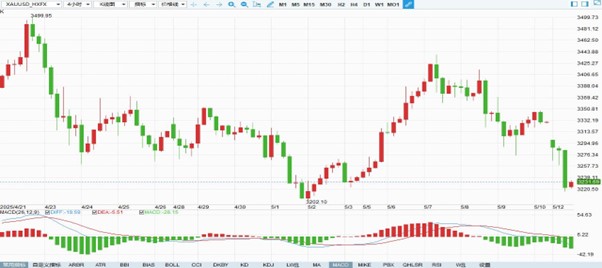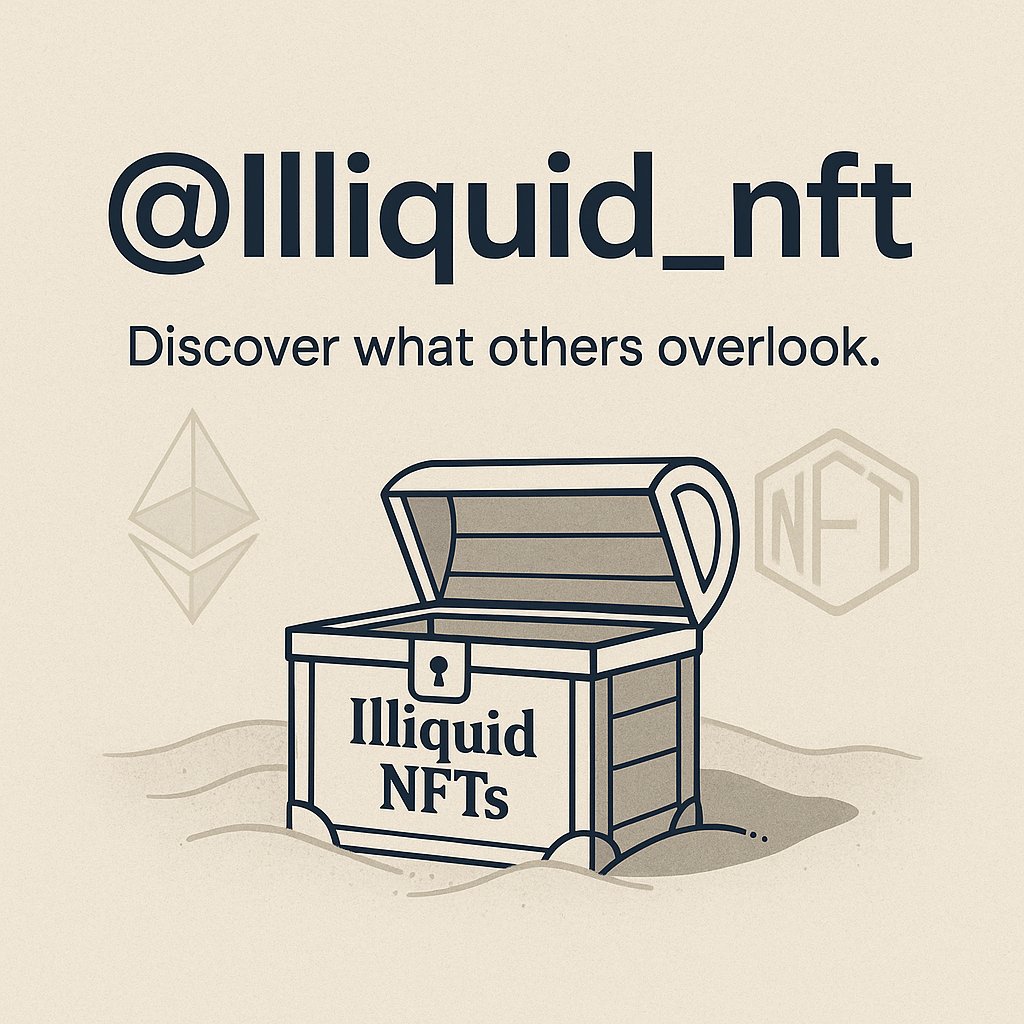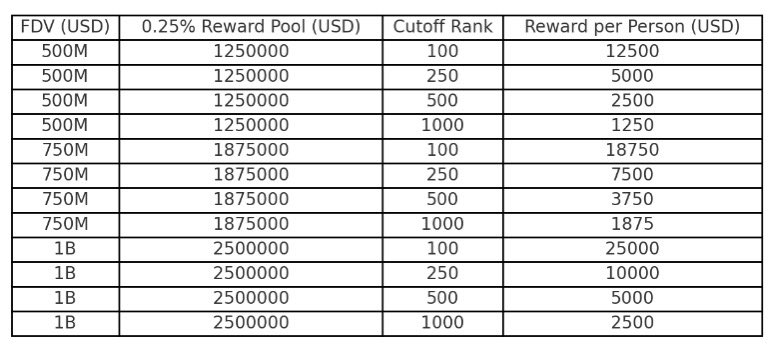The Rise of AI: Reshaping Our World One Algorithm at a Time
Introduction: The AI Revolution Is Here
Imagine waking up to a world where your coffee machine knows exactly how you like your brew, your car drives itself to work, and your doctor gets instant second opinions from supercomputers analyzing millions of medical cases. This isn’t science fiction—it’s the reality artificial intelligence (AI) is creating today.
From chatbots that mimic human conversation to algorithms predicting stock market trends, AI is transforming industries at an unprecedented pace. But what exactly is AI, and how is it changing the way we live, work, and interact? Let’s dive into the fascinating world of artificial intelligence—its breakthroughs, challenges, and the ethical dilemmas it presents.
What Is AI? Beyond the Buzzwords
At its core, AI refers to machines designed to perform tasks that typically require human intelligence. These include:
– Learning (machine learning, deep learning)
– Reasoning (decision-making, problem-solving)
– Perception (computer vision, speech recognition)
– Creativity (AI-generated art, music, and writing)
Unlike traditional software, AI systems improve over time by analyzing vast amounts of data. For example, Netflix’s recommendation engine learns your preferences, while self-driving cars process real-time traffic data to make split-second decisions.
AI in Everyday Life: From Convenience to Necessity
1. Smart Assistants & Chatbots
– Siri, Alexa, Google Assistant: These AI-powered helpers schedule appointments, control smart homes, and even tell jokes.
– ChatGPT & Bard: Advanced language models can write essays, debug code, and simulate human-like conversations.
2. Healthcare Revolution
– Diagnosis & Drug Discovery: AI analyzes medical images (X-rays, MRIs) faster and more accurately than humans. IBM’s Watson can suggest cancer treatments by reviewing thousands of research papers [1].
– Wearable Tech: Devices like the Apple Watch use AI to detect irregular heartbeats and predict health risks.
3. Finance & Fraud Detection
– Algorithmic Trading: AI predicts stock movements by analyzing market trends in milliseconds.
– Fraud Prevention: Banks use AI to flag suspicious transactions in real time, saving billions annually [2].
4. Autonomous Vehicles
– Self-Driving Cars: Tesla’s Autopilot and Waymo’s robotaxis rely on AI to navigate roads safely.
The Dark Side of AI: Risks & Ethical Concerns
While AI offers immense benefits, it also raises serious concerns:
1. Job Displacement
– Automation Threat: AI could replace 40% of jobs by 2035, particularly in manufacturing, customer service, and transportation [3].
– Solution?: Reskilling workers for AI-augmented roles (e.g., AI trainers, ethics auditors).
2. Bias & Discrimination
– Flawed Data = Flawed AI: Facial recognition systems have higher error rates for women and people of color [4].
– Accountability: Who’s responsible when an AI makes a harmful decision?
3. Deepfakes & Misinformation
– AI-Generated Fake Media: Deepfake videos can manipulate public opinion, posing risks to elections and security.
4. Existential Risks?
– Superintelligence: Could AI surpass human control? Experts like Elon Musk warn of unchecked AI development [5].
The Future of AI: Where Do We Go From Here?
1. Regulation & Governance
– EU AI Act: The first major law regulating high-risk AI applications (e.g., biometric surveillance).
– Global Cooperation: Nations must collaborate to set ethical AI standards.
2. Human-AI Collaboration
– Augmented Intelligence: Instead of replacing humans, AI should enhance our capabilities (e.g., doctors using AI for faster diagnoses).
3. Democratizing AI
– Open-Source Models: Projects like Meta’s LLaMA aim to make AI accessible to smaller developers.
Conclusion: Embracing AI Responsibly
AI is not just a tool—it’s a transformative force reshaping society. The key lies in balancing innovation with ethics, ensuring AI serves humanity rather than controlling it.
Final Thought: *”The question isn’t whether AI will change the world—it’s how we guide that change.”*
References
[1]: IBM Watson Health
[2]: McKinsey Report on AI in Finance
[3]: PwC Workforce Automation Study
[4]: MIT Study on Facial Recognition Bias
[5]: Elon Musk on AI Risks





